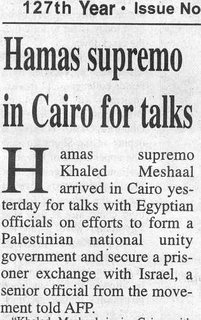Perhaps some of my readers will think that my young man was a sickly, ecstatic, poorly developed person, a pale dreamer, a meager, emaciated little fellow. On the contrary, Alyosha was at that time a well-built, red-cheeked nineteen-year-old youth, clear-eyed and bursting with health. He was at that time even quite handsome, slender, of above-average height, with dark brown hair, a regular though slightly elongated face, and bright, deep gray, widely set eyes, rather thoughtful, and apparently rather serene. Some will say, perhaps, that red cheeks are quite compatible with both fanaticism and mysticism, but it seems to me that Alyosha was even more of a realist that the rest of us. Oh, of course, in the monastery he believed absolutely in miracles, but in my opinion miracles will never confound a realist. It is not miracles that bring a realist to faith. A true realist, if he is not a believer, will always find in himself the strength and ability not to believe in miracles as well, and if a miracle stands before him as an irrefutable fact, he will sooner doubt his own senses than admit the fact. And even if he does admit it, he will admit it as a fact of nature that was previously unknown to him. In the realist, faith is not born from miracles, but miracles from faith. Once the realist comes to believe, then, precisely because of his realism, he must also allow for miracles. The Apostle Thomas declared that he would not believe until he saw, and when he saw, he said: "My Lord and my God!" Was it the miracle that made him believe? Most likely not, but he believed first and foremost because he wished to believe, and maybe already fully believed in his secret heart even as he was saying: "I will not believe until I see."
Some will say, perhaps, that Alyosha was slow, underdeveloped, had not finished his studies, and so on. That he had not finished his studies is true, but to say that he was slow or stupid would be a great injustice. I will simply repeat what I have already said above: he set out upon this path only because at the time it alone struck him and presented him all at once with the whole ideal way out for his soul struggling from darkness to light. Add to this that he was partly a young man of our time—that is, honest by nature, demanding the truth, seeking it and believing in it, and in that belief demanding immediate participation in it with all the strength of his soul; demanding an immediate deed, with an unfailing desire to sacrifice everything for this deed, even life. Although, unfortunately, these young men do not understand that the sacrifice of life is, perhaps, the easiest of all sacrifices in many cases, while to sacrifice, for example, five or six years of their ebulliently youthful life to hard, difficult studies, to learning, in order to increase tenfold their strength to serve the very truth and the very deed that they loved and set out to accomplish—such sacrifice is quite often almost beyond the strength of many of them. Alyosha simply chose the opposite path from all others, but with the same thirst for an immediate deed. As soon as he reflected seriously and was struck by the conviction that immortality and God exist, he naturally said at once to himself: "I want to live for immortality, and I reject any halfway compromise." In just the same way, if he had decided that immortality and God do not exist, he would immediately have joined the atheists and socialists...
from The Brothers Karamazov



